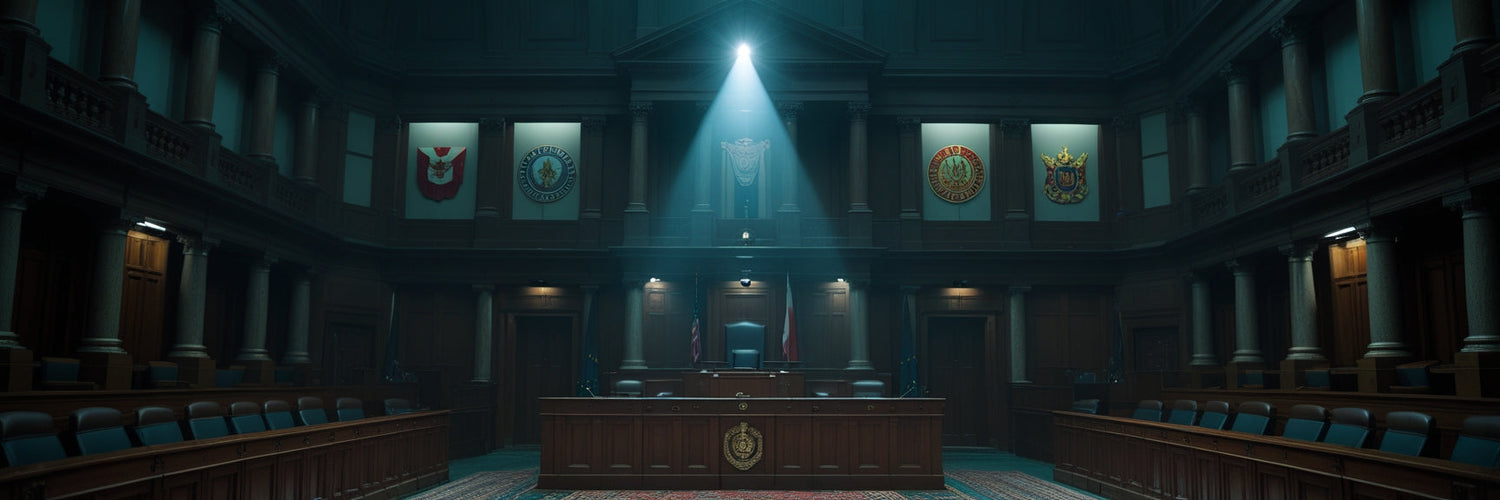The Corrupting Force of Unchecked Power
When power is left unchallenged, it rarely remains benevolent. Tyranny doesn’t arrive with fanfare; it creeps in through the quiet consolidation of authority. It spreads through government institutions, suffocates public dissent, and reshapes laws to serve those already in control. The 18th-century French philosopher Baron de Montesquieu recognized this danger with piercing clarity. His famous assertion that “power ought to serve as a check to power” laid the groundwork for a political philosophy rooted in the division of authority—a principle that continues to define the structure of many modern democracies.
Montesquieu’s most enduring legacy is his theory of the separation of powers, first articulated in his influential work The Spirit of the Laws. In it, he argued that liberty can only be preserved when legislative, executive, and judicial powers are distinct and balanced. When any one of these branches accumulates too much power, the result is not efficiency—it is oppression. He understood that even well-intentioned leaders could become tyrants if no structure existed to restrain them.
When Balance Is Broken, Freedom Fades
History confirms Montesquieu’s warning. When power is concentrated in the hands of a single ruler, party, or body, the mechanisms of accountability begin to erode. Dissent is no longer tolerated—it is punished. Laws cease to reflect justice and instead serve the whims of those in control. The public, increasingly alienated and voiceless, finds itself subject to a system that operates without transparency or recourse. From the autocracies of the past to the soft authoritarianism seen in some governments today, the absence of meaningful checks invites corruption, censorship, and the gradual erosion of civil liberties.
This pattern isn’t confined to distant history or authoritarian regimes. It surfaces in subtle ways in democratic societies when watchdog institutions are weakened, when political opposition is delegitimized, or when public trust in free media is undermined. The strength of a democracy lies not in the goodness of its leaders but in the limits placed on their power. Montesquieu knew that without clear boundaries, even democratic systems could slide toward despotism.
Checks, Balances, and the Role of the People
The genius of Montesquieu’s philosophy lies in its balance—not just of government branches, but of expectations. While institutions must be designed to limit authority, they cannot function in isolation. A free society depends on the vigilance of its people, who must remain engaged, informed, and willing to hold leaders accountable. Power cannot go unexamined. It must be questioned, challenged, and redirected when it strays from justice.
Montesquieu’s influence is evident in the architecture of modern governments that divide responsibilities among branches, protect judicial independence, and uphold constitutional frameworks. But these structures are only as strong as the public’s commitment to defend them. When citizens disengage, when oversight is neglected, and when convenience is chosen over civic responsibility, the safeguards of liberty begin to crumble.
The Modern Relevance of an Enlightenment Vision
Montesquieu's insight was never meant to be historical ornament. It was—and remains—a warning. In an age of increasing political polarization, rising authoritarian tendencies, and global threats to democratic institutions, his call for balance is more relevant than ever. Power must be distributed. Accountability must be enforced. And above all, freedom must be nurtured not only by laws, but by people willing to stand up for the principles that preserve it.
No system is immune to decay. Montesquieu understood that the health of a republic depends not just on how power is structured, but on how it is used—and resisted. The path to tyranny is paved with unchecked authority. The path to liberty is lit by vigilance, balance, and the enduring belief that no one is above the law.






















































